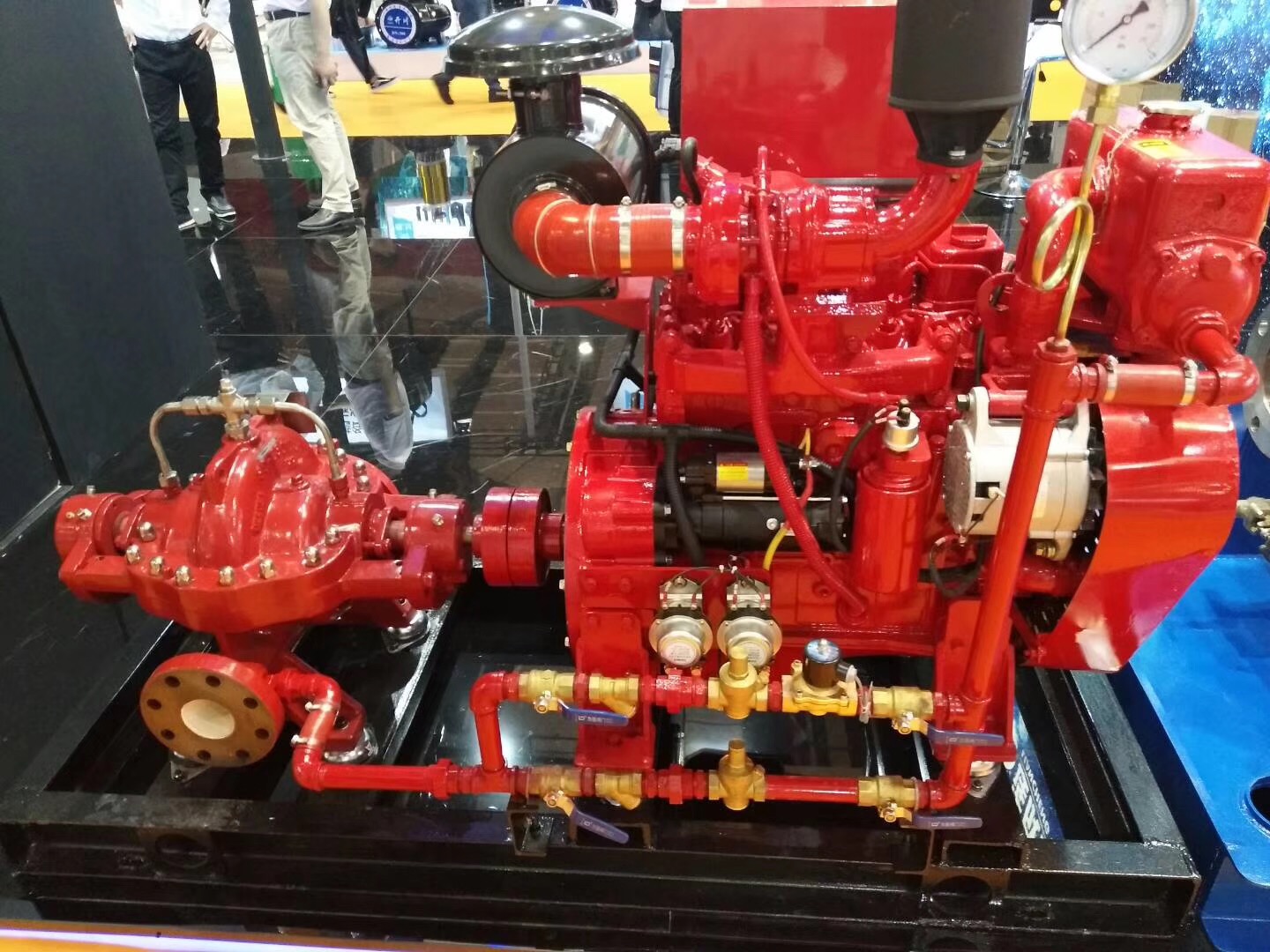Czech
- Afrikaans
- Albanian
- Amharic
- Arabic
- Armenian
- Azerbaijani
- Basque
- Belarusian
- Bengali
- Bosnian
- Bulgarian
- Catalan
- Cebuano
- Corsican
- Croatian
- Czech
- Danish
- Dutch
- English
- Esperanto
- Estonian
- Finnish
- French
- Frisian
- Galician
- Georgian
- German
- Greek
- Gujarati
- Haitian Creole
- hausa
- hawaiian
- Hebrew
- Hindi
- Miao
- Hungarian
- Icelandic
- igbo
- Indonesian
- irish
- Italian
- Japanese
- Javanese
- Kannada
- kazakh
- Khmer
- Rwandese
- Korean
- Kurdish
- Kyrgyz
- Lao
- Latin
- Latvian
- Lithuanian
- Luxembourgish
- Macedonian
- Malgashi
- Malay
- Malayalam
- Maltese
- Maori
- Marathi
- Mongolian
- Myanmar
- Nepali
- Norwegian
- Norwegian
- Occitan
- Pashto
- Persian
- Polish
- Portuguese
- Punjabi
- Romanian
- Russian
- Samoan
- Scottish Gaelic
- Serbian
- Sesotho
- Shona
- Sindhi
- Sinhala
- Slovak
- Slovenian
- Somali
- Spanish
- Sundanese
- Swahili
- Swedish
- Tagalog
- Tajik
- Tamil
- Tatar
- Telugu
- Thai
- Turkish
- Turkmen
- Ukrainian
- Urdu
- Uighur
- Uzbek
- Vietnamese
- Welsh
- Bantu
- Yiddish
- Yoruba
- Zulu
Telephone: +86 13120555503
Email: frank@cypump.com
Lis . 30, 2024 00:21 Back to list
Understanding the Benefits and Uses of Closed Impeller Designs in Fluid Systems
Exploring the Advantages and Applications of Closed Impellers in Pump Design
Closed impellers are a critical component in the design of centrifugal pumps, widely known for their efficiency and reliability in various applications. The distinct structure of closed impellers, characterized by blades that are enclosed between two discs, allows them to perform effectively in a multitude of settings, making them a preferred choice for professionals in the field.
One of the primary advantages of closed impellers is their superior hydraulic efficiency. The closed design minimizes flow separation and turbulence, allowing for smoother fluid dynamics. This results in a higher flow rate and improved energy efficiency, making them essential in applications where energy consumption is a concern. For industries that require continuous operation, such as water treatment, chemical processing, and oil and gas, the energy savings associated with closed impellers can translate into significant cost reductions.
Additionally, closed impellers are known for their ability to handle a wide range of fluid types, including those that are viscous or contain solid particles. Their enclosed blade structure prevents clogging and reduces wear and tear, extending the lifespan of both the impeller and the pump itself. This durability makes closed impellers suitable for abrasive and corrosive environments, positioning them as an ideal choice for wastewater management, mining operations, and agricultural irrigation systems.
'exploring the advantages and applications of closed impeller ...'

Closed impellers also offer enhanced performance under varying operating conditions. With the ability to maintain consistent flow rates despite changes in pressure or fluid density, they are adaptable to demanding processes. This characteristic is particularly beneficial in industries such as pharmaceuticals and food processing, where precise flow control is essential for product quality and safety.
From an installation and maintenance perspective, closed impellers are easier to manage compared to open impellers. Their compact design reduces the overall size of the pump, allowing for more straightforward installation in constrained spaces. Moreover, if maintenance is required, closed impellers typically have fewer components, which simplifies the repair process and reduces downtime.
In conclusion, the advantages of closed impellers extend beyond hydraulic efficiency and durability; they also embody versatility and ease of maintenance. These attributes make them a valuable asset across various industries, from water and wastewater treatment to food and beverage production. As technology continues to evolve, the design and application of closed impellers are likely to advance further, ensuring they remain at the forefront of pump technology for years to come. Investing in closed impeller pumps not only enhances operational efficiency but also contributes to a more sustainable approach to industrial processes.
-
ISG Series Vertical Pipeline Pump - Chi Yuan Pumps | Energy Efficient & Low Noise
NewsJul.31,2025
-
pipeline pump - Chi Yuan Pumps Co., LTD.|High Efficiency&Low Noise
NewsJul.31,2025
-
ISG Series Vertical Pipeline Pump - Chi Yuan Pumps Co., LTD.|High Efficiency, Energy Saving, Low Noise
NewsJul.30,2025
-
ISG Series Vertical Pipeline Pump- Chi Yuan Pumps|High Efficiency&Low Noise
NewsJul.30,2025
-
ISG Series Vertical Pipeline Pump-Chi Yuan Pumps Co., LTD.|High Efficiency&Energy Conservation
NewsJul.30,2025
-
ISG Series Vertical Pipeline Pump - Chi Yuan Pumps Co., LTD.|Advanced Hydraulic Design&Energy-Efficient Solutions
NewsJul.30,2025










